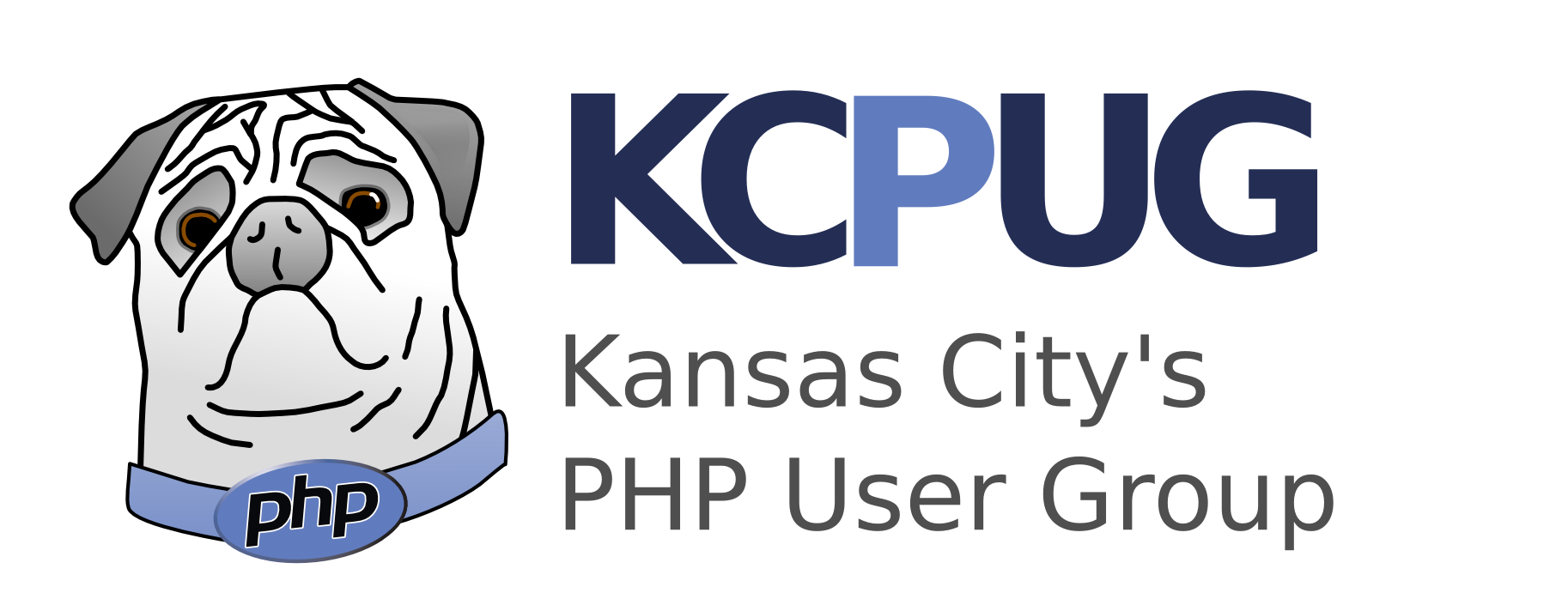Built in the true PHP spirit, the Zend Framework delivers ease-of-use and powerful functionality. It provides solutions for building modern, robust, and secure websites.
http://framework.zend.com/

Built in the true PHP spirit, the Zend Framework delivers ease-of-use and powerful functionality. It provides solutions for building modern, robust, and secure websites.
http://framework.zend.com/
Jim Plush, the guy behind My-BIC, has come up with some intuitive sample code and tutorials for harnessing the power of AJAX with PHP.
From the Readme:
My-Bic is a very simple concept, we keep javascript and PHP seperate instead of trying to mash them together. This concept allows you to use the client side framework with whatever backend language you choose.
See the My-BIC page for more info:
http://www.litfuel.net/mybic/
Yahoo put together a nice site chock full of helpful code samples and applications to help PHP developers understand and use the Yahoo! ™ API.
Yahoo’s API provides developers with access to quite a bit of useful information. This site makes it pretty simple to understand how to unlock the potential.
The five parts of the series:
1. [url=http://www.devshed.com/c/a/PHP/The-Singleton-and-Factory-Patterns-in-PHP-Building-objectoriented-forms/]Building object-oriented forms[/url]
2. [url=http://www.devshed.com/c/a/PHP/The-Singleton-and-Factory-Patterns-in-PHP-designing-an-object-factory/]Designing an object factory[/url]
3. [url=http://www.devshed.com/c/a/PHP/The-Singleton-and-Factory-Patterns-in-PHP-a-rendering-capable-factory-class/]A rendering-capable factory class[/url]
4. [url=http://www.devshed.com/c/a/PHP/The-Singleton-and-Factory-Patterns-in-PHP-Working-With-Singletons/]Working with Singletons[/url]
5. [url=http://www.devshed.com/c/a/PHP/The-Singleton-and-Factory-Patterns-in-PHP-Building-a-Form-Generator-Class/]Building a form generator class[/url]
Who says you need to be a java-head to play with the cool stuff? Some of you may have heard of an “extension” to Object Oriented design called Aspect Oriented Programming. ([i]I seem to recall something about it in the classic text “The Pragmatic Programmer.”[/i])
Well, it was only a matter of time, but someone built a framework for it in PHP:
http://freshmeat.net/projects/aophp/
[quote]This package can be used to implement aspect oriented programming (AOP) by executing the code of classes that enable orthogonal aspects at run- time. The intention is to provide a means to implement orthogonal aspects in separate classes that may be an interesting add to the application, like logging, caching, transaction control, etc., without affecting the main business logic. The package provides base classes for implementing defining point cuts where the code of an advice class is called to implement actions of the orthogonal aspects that an application may need to enable.[/quote]
I only have some idea what he just said, but I’m sure that plenty of you will find this very cool! You go Dmitry!
While I was lucky enough to see the announcement of OpenOffice at OSCON a few years back, this week I missed what may one day become the NextBigThing for the PHP Community from Zend.
Sure, at the moment it is just an announcement. However, if anyone is going to be able to muster the open source [i]and[/i] big-business backing to actually pull off a decent/universal programming platform for PHP it would be Zend.
Good luck guys!
Very useful if you have lots of input boxes on a page, each which you want to have a different set of autocomplete data.
The code could be extended to work just like Google Suggest; the hard part was figuring out how to get the array passed back intact. I tested it with >5000 items in the array, and it worked seamlessly.
The code is at:
http://www.hatwhite.com/sajax/
They only have [url=http://phpsec.org/articles/]one article[/url] so far, but I’m hoping that will change soon. Anyone know who all is in this besides “an International group of PHP Experts”? I see Chris Shiflett and Andi….but can’t seem to find a members list.
Ah, well…here’s hoping!
If you are like me, and most of your development is still in PHP 4; or, if you are interested in the other error handing options that PHP provides, be sure to read [url=http://www.zend.com/php5/abs/php101-12.php]Bugging Out[/url].
Here’s to Please, Love and error-free PHP!